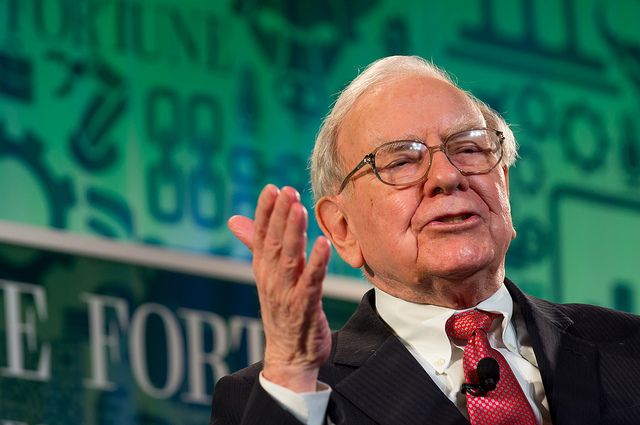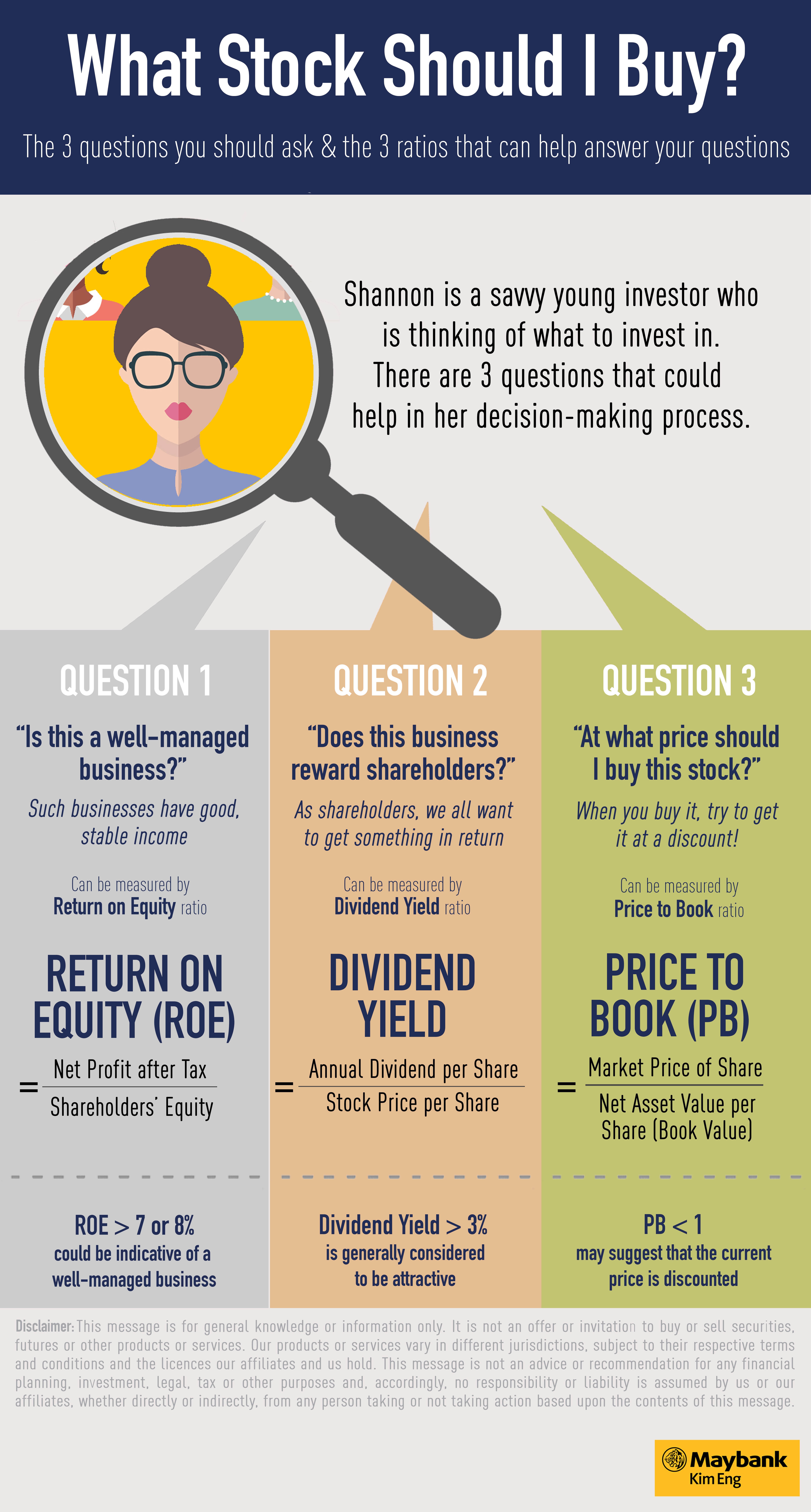Tackle your busy life while earning money on the side by investing your money. Let your money work for you to achieve the future you have always dreamed of. Renowned investor Warren Buffett defines investing as the “the process of laying out money now to receive more money in the future.”

(Image credit: Fortune Live Media, via Flickr)
To start investing, you must know what is a stock is first.
WHAT IS A STOCK?
Whether you call it security or equity, a share of stock is a legal ownership in a business. Businesses or corporations issue stocks to gain money. It comes in two varieties – preferred and common. Preferred stock comes with a predetermined dividend payment. While, the common stock allows the stockholder an access to a proportionate share of a company’a profits or losses. It is to you to choose whichever suits you best.
HOW DO YOU MAKE MONEY WITH STOCKS?
There are two ways to make money from owning and investing in stocks. You can make money by reaping the increase in stock price or dividends. Because these two accumulate over time, just one year’s investment in a premium can yield a solid return in the next couple of decades. You can look up blue chip companies such as Coca-Cola and Disney.
The Father of Value Investing, Benjamin Graham, once said:
“The real money in investing will have to be made—as most of it has been in the past—not out of buying and selling, but out of owning and holding securities, receiving interest and dividends, and benefiting from their long-term increase in value.”
WHY SHOULD YOU INVEST?
The stock market provides high returns. You should invest to grow your wealth. However, I cannot guarantee how your stocks will perform. You need to understand that strategy application and diversification aids in growing your wealth. Diversifying your investments by including stocks along with your bonds and assets can help protect you from the inherent volatility of the financial markets.
WHAT IS DIVERSIFICATION?
To provide cushion from the risks that come with the stock market, one can apply diversification. Think of it as not putting all your eggs in one basket. In order to diversify your stocks portfolio, you may need a significant amount of money to invest. It is nearly impossible to create a well-diversified portfolio with S$1,000 alone.
This is where mutual funds come into play. Mutual funds tend to have a large number of stocks and other investments whereby it is controlled by a portfolio manager. It is more diversified than a single stock in one company. This is something that you must think about.









